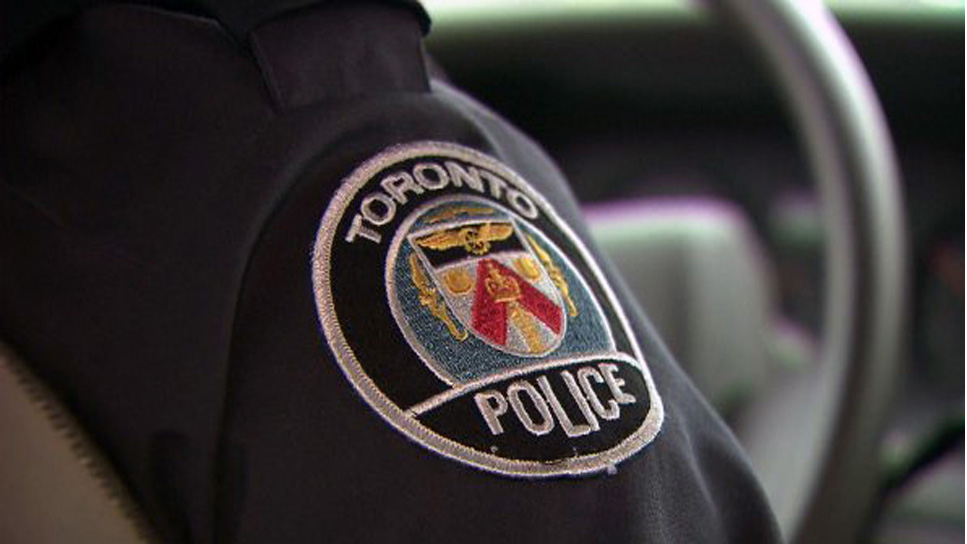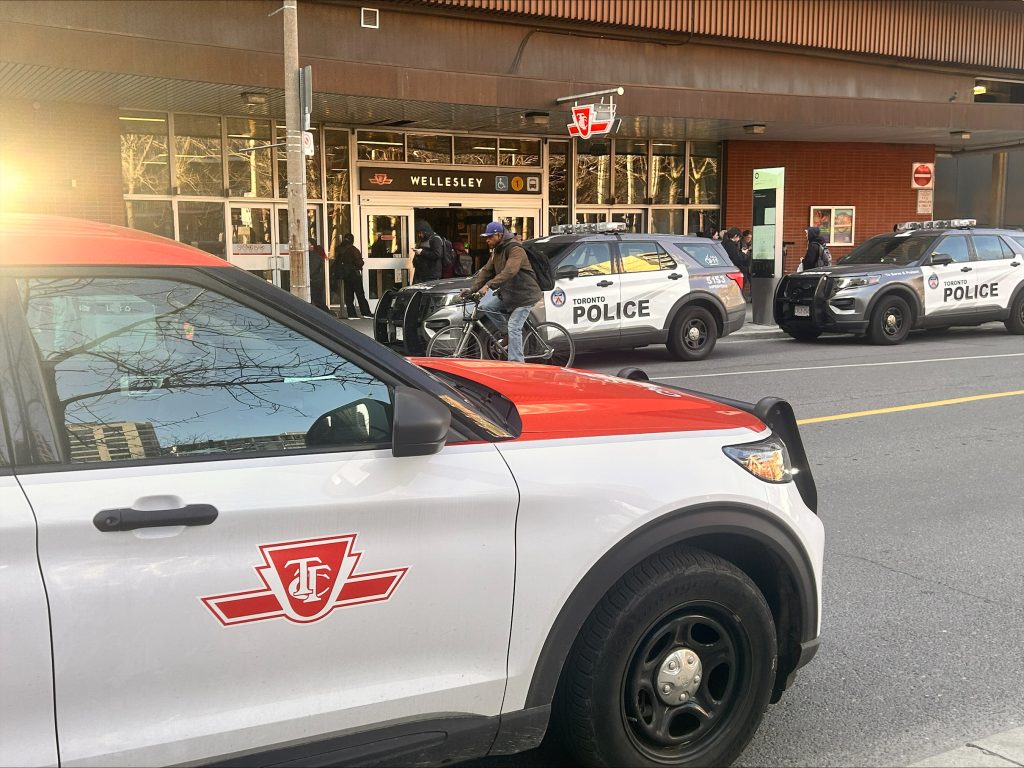Businesses mulling legal action over King Street pilot project losses
Posted January 8, 2018 1:54 pm.
Last Updated January 8, 2018 6:54 pm.
This article is more than 5 years old.
A coalition of Toronto businesses is “very seriously” considering legal action if it can’t get the hours of the King Street pilot project reduced on nights and weekends.
Ontario Restaurant Hotel and Motel Association President and CEO Tony Elenis said a meeting is planned between Mayor John Tory, Councillor Joe Cressy and King Street business owners this Friday. The business owners are hoping the city will lift restrictions on private vehicles using King Street after 7 p.m. on weekdays and all day on weekends.
“We having a meeting this Friday and we’re hoping for some good news,” Elenis said. “Every business there is hurting. There is an issue with what happens to that dollars that did not come in during the busiest time of year.”
Elenis says some restaurants and hotels have seen as much as a 52 per cent decline in revenue since the pilot project came into effect Nov. 12.
Cars are no longer allowed to travel straight through King Street between Jarvis and Bathurst, a stretch that cuts through the city’s busy financial and entertainment districts. The project gives priority to streetcars along what is the busiest surface transit route in the city.
“There is parking down below a major hotel in that area,” Elenis said. “They’re down close to 34 per cent year over year.”
A spokesperson from Mayor John Tory’s office says the mayor is “committed to hearing from business owners and working with them in constructive ways to make sure King Street now works for everyone… We are less than two months into the year-long pilot and City staff are measuring it in all possible ways.”
John Mascarin, a specialist in municipal law, says any attempt by business owners to sue for damages or seek an injunction to stop the pilot project would likely fail.
“I don’t think it’s a realistic possibility,” Mascarin said. “The City of Toronto certainly has jurisdiction to regulate King Street. It can open King Street the way it deems appropriate; it can restrict access to King Street, so it has the jurisdiction.”
What’s more, any move to recoup damages would also likely be unsuccessful, Mascarin said. The section of the Expropriations Act only allows homeowners or business owners to file for damages for construction work.
“In this case, I just don’t see it,” Mascarin said. “It’s just the use of the roadway which is quite different from putting up construction to preclude access to the road.”
In 2011, both the Ontario Superior Court and the Ontario Court of Appeal dismissed a class action lawsuit filed on behalf of merchants on St. Clair for $100 million against the City of Toronto.
Many business owners said their businesses were hurt, or forced to close, by the city’s management of the St. Clair streetcar project that took more than five years to complete.
Elenis says they will make a decision on their next steps after Friday’s meeting.
“Hopefully the mayor and the city councillor will meet those asks we feel are pretty realistic… if not there are many considerations on the table,” he said.
The pilot project is slated to run for a year.










